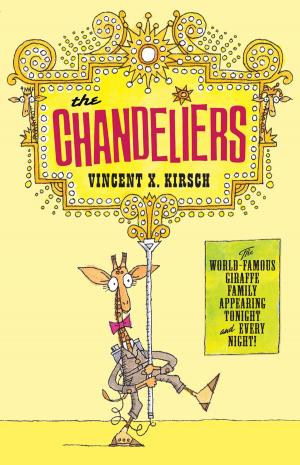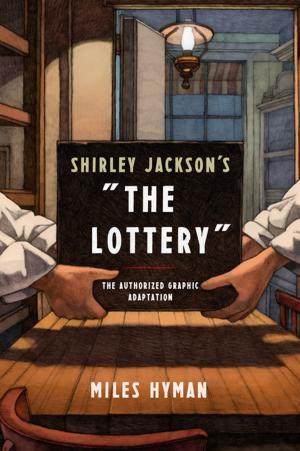The Clamorgans
One Family's History of Race in America
Nonfiction, Social & Cultural Studies, Social Science, Discrimination & Race Relations, Biography & Memoir, Historical| Author: | Julie Winch | ISBN: | 9781429961370 |
| Publisher: | Farrar, Straus and Giroux | Publication: | May 24, 2011 |
| Imprint: | Hill and Wang | Language: | English |
| Author: | Julie Winch |
| ISBN: | 9781429961370 |
| Publisher: | Farrar, Straus and Giroux |
| Publication: | May 24, 2011 |
| Imprint: | Hill and Wang |
| Language: | English |
The historian Julie Winch uses her sweeping, multigenerational history of the unforgettable Clamorgans to chronicle how one family navigated race in America from the 1780s through the 1950s. What she discovers overturns decades of received academic wisdom. Far from an impermeable wall fixed by whites, race opened up a moral gray zone that enterprising blacks manipulated to whatever advantage they could obtain.
The Clamorgan clan traces to the family patriarch Jacques Clamorgan, a French adventurer of questionable ethics who bought up, or at least claimed to have bought up, huge tracts of land around St. Louis. On his death, he bequeathed his holdings to his mixedrace, illegitimate heirs, setting off nearly two centuries of litigation. The result is a window on a remarkable family that by the early twentieth century variously claimed to be black, Creole, French, Spanish, Brazilian, Jewish, and white. The Clamorgans is a remarkable counterpoint to the central claim of whiteness studies, namely that race as a social construct was manipulated by whites to justify discrimination. Winch finds in the Clamorgans generations upon generations of men and women who studiously negotiated the very fluid notion of race to further their own interests. Winch's remarkable achievement is to capture in the vivid lives of this unforgettable family the degree to which race was open to manipulation by Americans on both sides of the racial divide.
The historian Julie Winch uses her sweeping, multigenerational history of the unforgettable Clamorgans to chronicle how one family navigated race in America from the 1780s through the 1950s. What she discovers overturns decades of received academic wisdom. Far from an impermeable wall fixed by whites, race opened up a moral gray zone that enterprising blacks manipulated to whatever advantage they could obtain.
The Clamorgan clan traces to the family patriarch Jacques Clamorgan, a French adventurer of questionable ethics who bought up, or at least claimed to have bought up, huge tracts of land around St. Louis. On his death, he bequeathed his holdings to his mixedrace, illegitimate heirs, setting off nearly two centuries of litigation. The result is a window on a remarkable family that by the early twentieth century variously claimed to be black, Creole, French, Spanish, Brazilian, Jewish, and white. The Clamorgans is a remarkable counterpoint to the central claim of whiteness studies, namely that race as a social construct was manipulated by whites to justify discrimination. Winch finds in the Clamorgans generations upon generations of men and women who studiously negotiated the very fluid notion of race to further their own interests. Winch's remarkable achievement is to capture in the vivid lives of this unforgettable family the degree to which race was open to manipulation by Americans on both sides of the racial divide.















